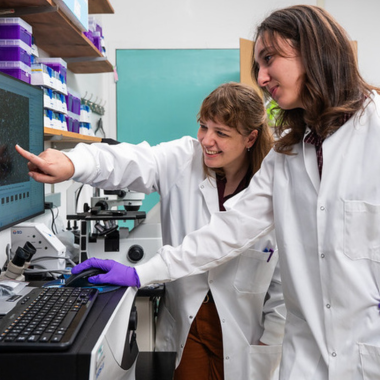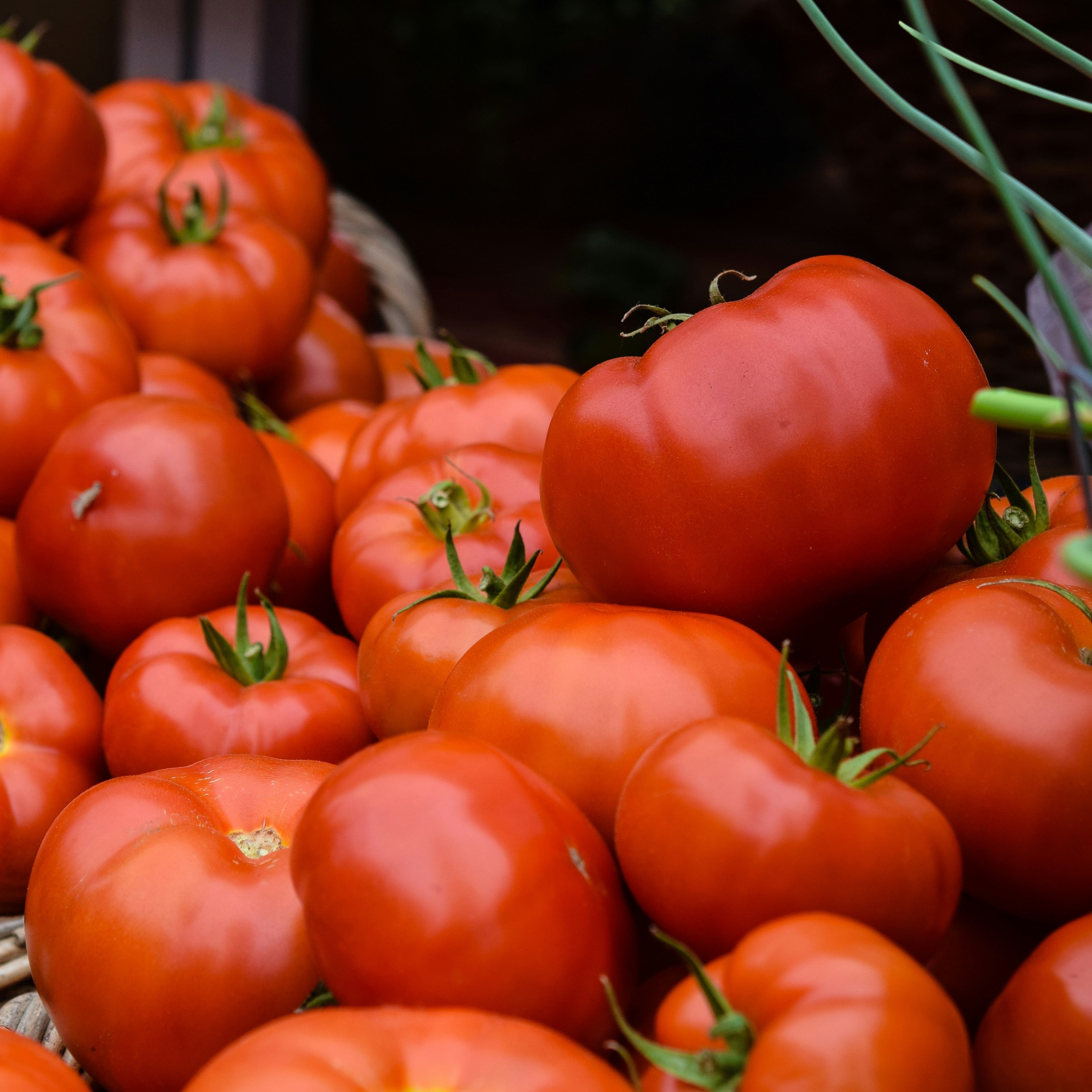BMB's Gracielou Klinger Receives Great Lakes Bioenergy Research Center Award
Gracielou Klinger, a Michigan State University graduate student in the departments of Biochemistry and Molecular Biology and Chemistry, was named the recipient of the 2020 Great Lakes Bioenergy Research Center's (GLBRC) Jennifer L. Reed Bioenergy Science Award. Klinger is mentored by Eric Hegg and Ned Jackson.

Originally called the GLBRC Early Career Woman in Bioenergy Sciences Award, this award was established in 2018 to recognize the impacts of early career women on the success of the Center.
“I was speechless and honored when I was told I was even nominated for the award”, said Klinger. “These last 6 years I’ve strived to contribute to the GLBRC and help whenever I could with collaborations, outreach, and trainings.”
“Her enthusiasm for science is infectious, and she is selfless in donating her time and energy to scientific outreach,” said Hegg. “In addition, she is a fantastic teacher and communicator at all levels, making Gracie a natural ambassador for science. I am really proud and excited for her.”
Klinger studies how chemicals, such as sulfur compounds can be used to break apart lignin and turn it into valuable products like biofuels. Klinger is finishing the final year of her Ph.D. program. During her graduate work, she helped develop an organic catalyst to break ether bonds and filed a patent on a novel way to break down lignin for biofuels. In addition to excelling in the lab, she also completed a science communication internship at the Shedd Aquarium and worked in the patent office of MSU Technologies helping other researchers get their ideas patented. After she graduates, she plans to gain industry experience using the diverse skills she learned as part of the GLBRC.
Banner image: Comparison of reductive lignin cleavage between the enzymatic process (green) and the biomimetic (orange) process developed in the lab.



